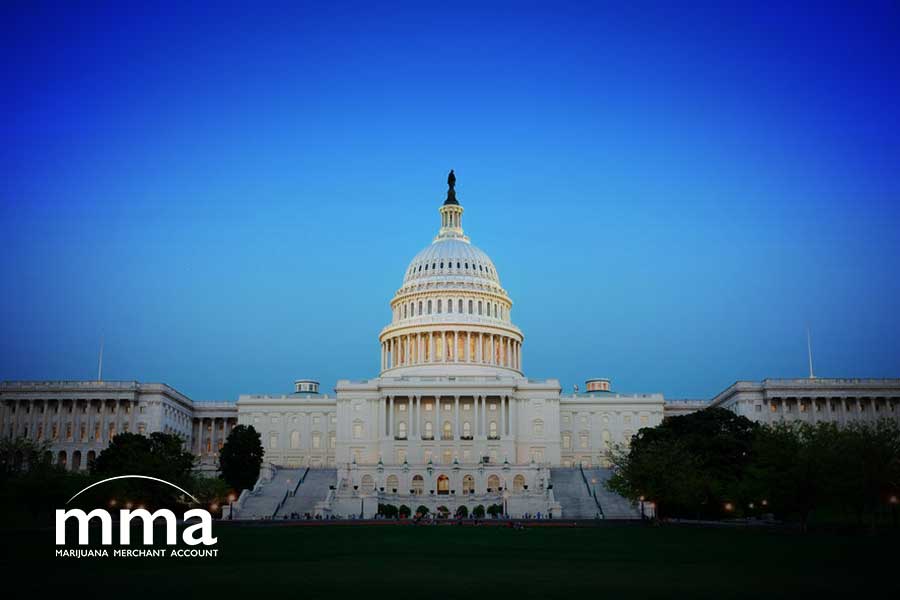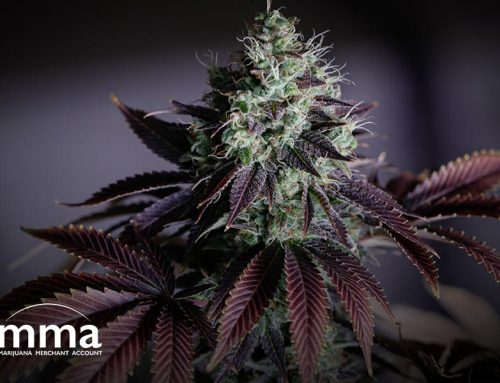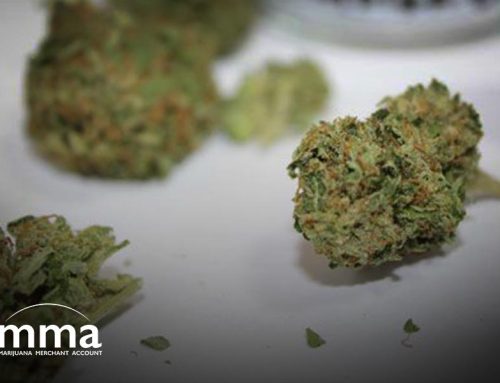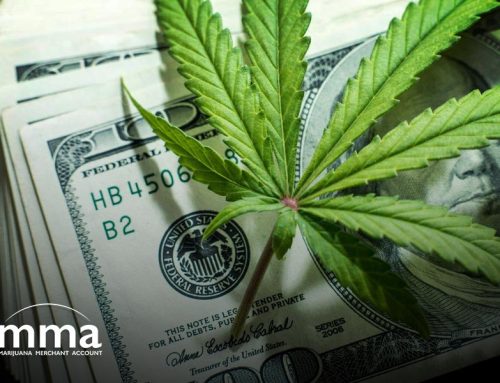Humans have a difficult time imagining large numbers, which is why it’s sometimes overwhelming for some to think about the cannabis industry. Without access to financial services in the U.S., legal cannabis brings in $10 billion and 99.9% of those transactions are in cash. Literally, billions of dollars trade hands every year, and there’s no safe place to put it.
Though cannabis is legal in several states and businesses are seeking licenses, cannabis-related businesses can’t be a regular bank customer. They may have the protection of state laws, but the federal illegality makes it a risk to take on cannabis clients, both from a legal standpoint and from a professional reputation standpoint.
That’s why the $10 billion worth of transactions are done in cash and why it’s creating issues for the delivery drivers, dispensaries and distributors that have to store and protect the money their product brings in. This influx of cash has created problems for government agencies, too, like how the IRS has struggled with accepting so many cash tax payments. They’ve had to make special rules and exceptions just to make it manageable; they worry about taxpayers bringing in duffle bags full of cash, and finding where you can even store that kind of cash becomes a problem.
The high security measures in dispensaries begin to make sense when you think about how much cash they must have behind the counter and in the safe. Much more than any other regulated business is forced to keep around. How do cannabis businesses go cashless? Can the banks really be brought on board?
That would need to be done on the federal level, and Senator Cory Gardner, R-Colorado, has been pushing to make that a reality. Gardner has been advocating for the passage of the STATES Act, which would recognize states’ decisions to legalize cannabis, both medically and for adult-use. The bill was unsuccessful in the several attempts made to pass it in 2018, but the fight isn’t over yet. Which is why the cannabis industry is now working with lobbyists to bring their message right to Capitol Hill.
Companies in particular like WeedMaps, Surterra, and Eaze have spent impressive amounts of cash on getting lobbyists in front of legislators to educate them about the cannabis market. They’re working with well-respected lobbying firms because it can be easy to take for granted that “everyone” knows what is going on, but politicians really don’t know what they don’t know. They need to hear from the people impacted by their decisions, and that’s where lobbyists come in.
The need for financial services is one that lobbyists are pushing for hard, and it’s no wonder. The costs starts to add up in a cannabis company’s efforts to protect and move around their cash. In this aspect, this multi-billion industry has to act like the unregulated industry it has been for decades before, but with much higher expectations from their customers and the state. As more cannabis businesses make their voices heard and continue to educate, there is more likely to be movement in Washington D.C.












